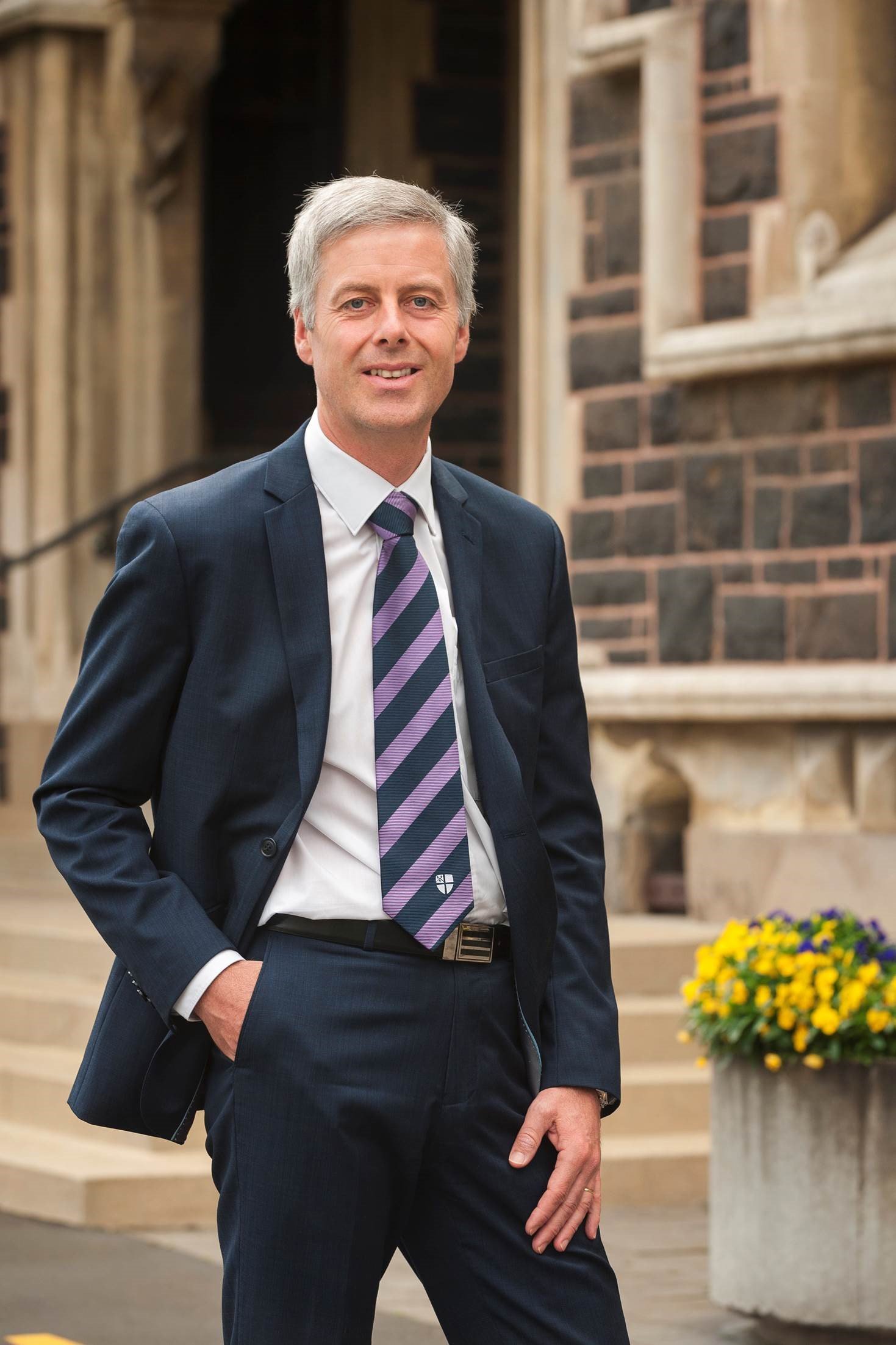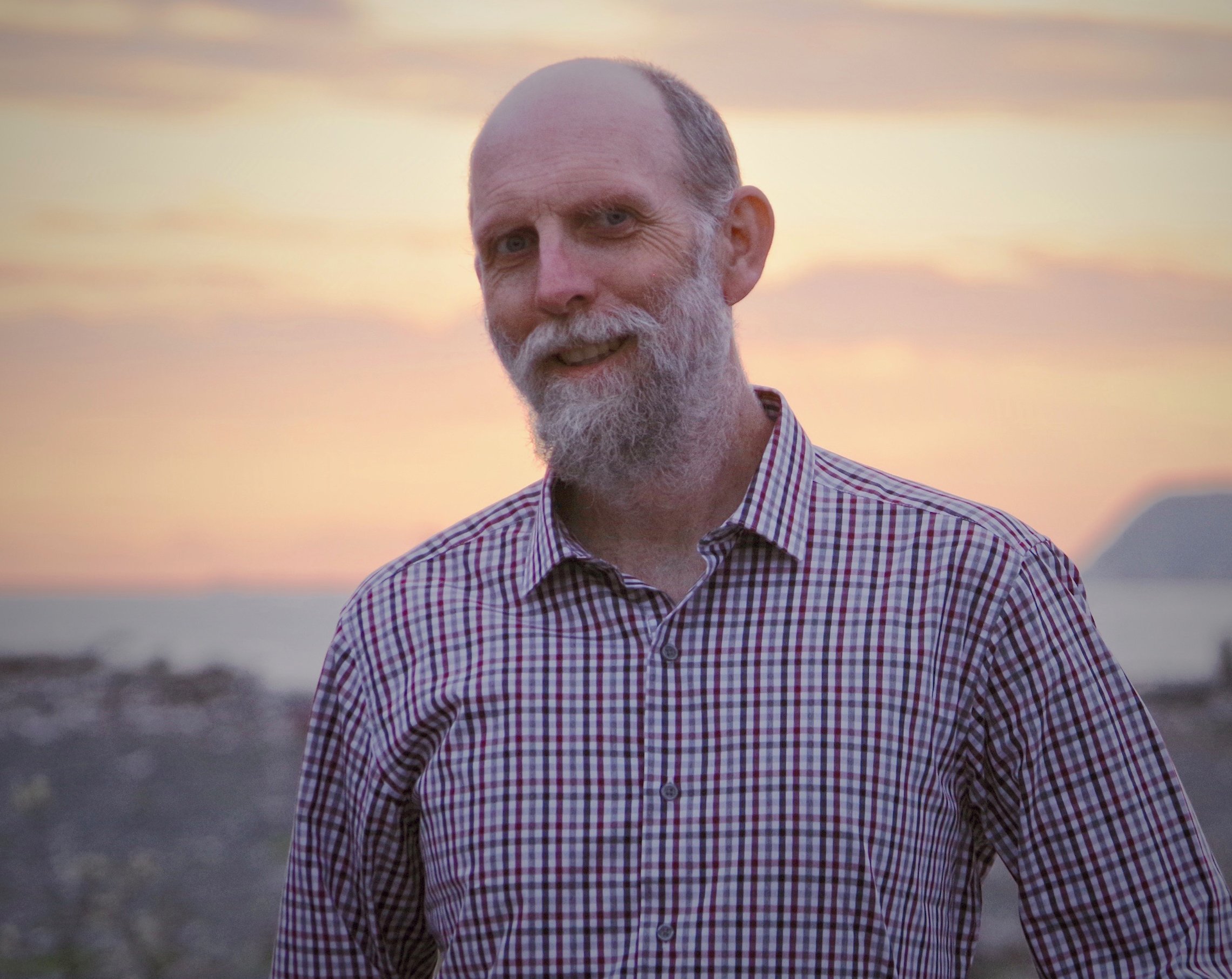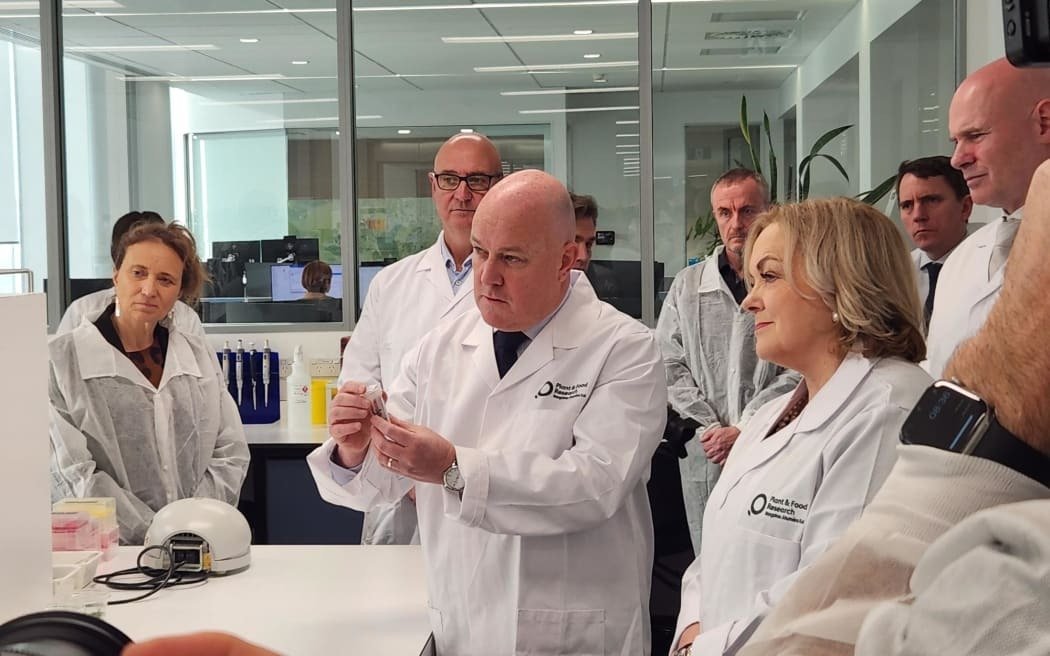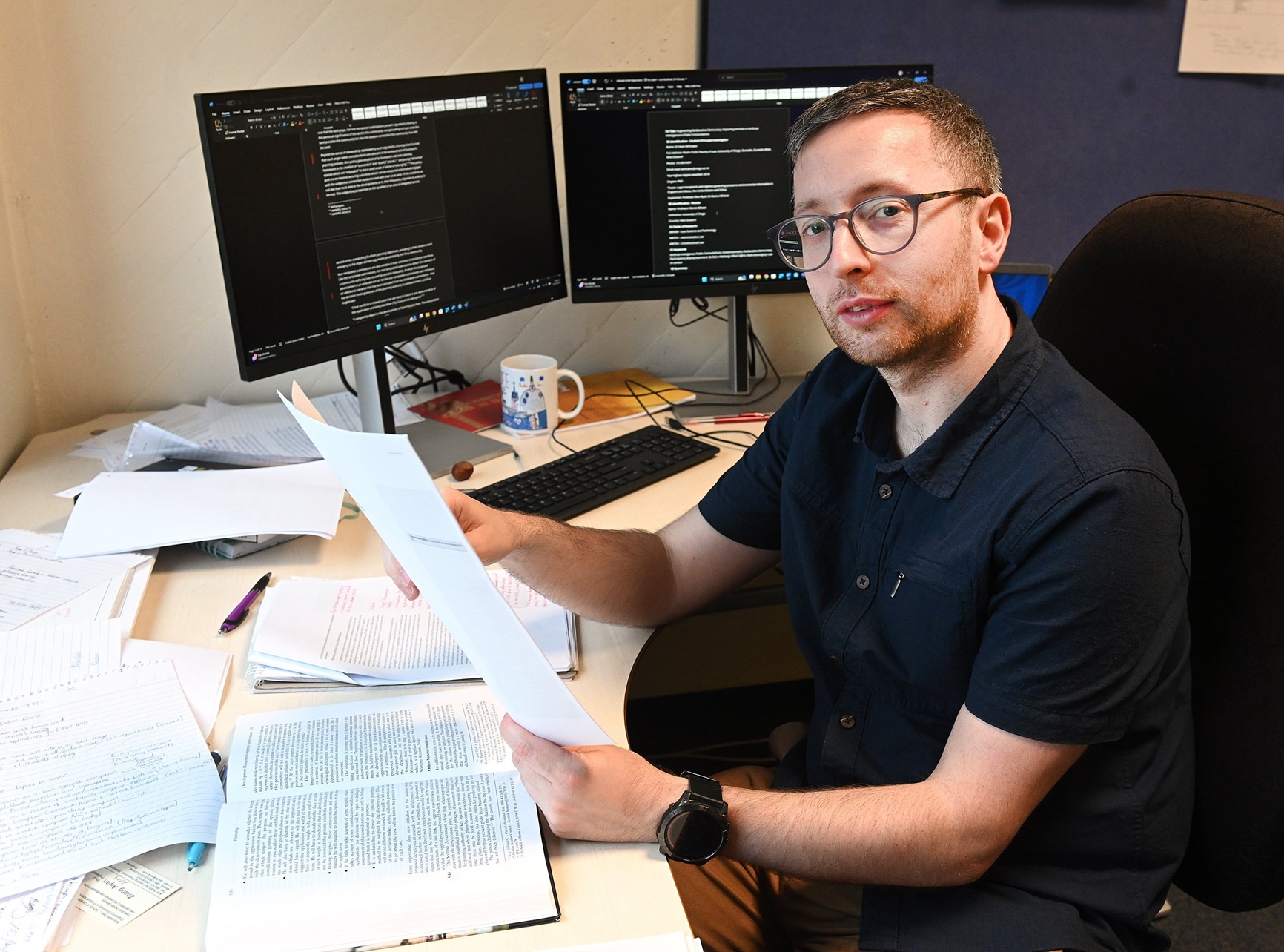
Need better healthcare? A new hospital, maybe? Healthier houses? More resilient communities in the face of climate change? Improved support for the most vulnerable? Better schooling and curricula? More funding for universities? Safer roads and improved infrastructure?
Need to learn from the mistakes of the past or emulate its successes?
Strong, thriving research in the social sciences and humanities is critical for the smooth running of New Zealand society. But what seems like poorly thought-out reasoning by the government has hobbled that vital work and helped ensure that, far from flourishing, the sector will struggle to survive.
Science and knowledge are under threat across the world, with United States President Donald Trump the leading light in de-funding or getting rid of research that raises uncomfortable truths at odds with the agendas his administration is pushing.
On this side of the Pacific, academics and researchers are still scratching their heads at former Science, Innovation and Technology Minister Judith Collins’ crusade to gut the country’s premier, blue-skies research fund, the Marsden Fund, of the humanities and social sciences. Come hell or high water, Collins wanted them gone, government papers show.
"This is one of the worst examples of policy and governance I’ve seen, in an area where there is no excuse for such poor performance," New Zealand Association of Scientists’ co-president Dr Troy Baisden says.
Prof Richard Blaikie, deputy vice-chancellor, research and enterprise, at the University of Otago, agrees.
"This Marsden Fund decision was out of left field. It just seems to have been driven by I don’t know what — who knows what — but it seems to be particularly ill-informed and counterproductive.
"It’s an absolute crisis for our colleagues in humanities and social sciences."
Blaikie doesn’t beat about the bush over the likely effects of Collins’ changes to the fund and Prime Minister Christopher Luxon’s lack of understanding of research funding.
He says there has been a recent narrowing in view of what science is, illustrated by Collins’ comments in Parliament that it only comprises core subjects learnt at school — biology, physics and chemistry.
"We’ve had decisions recently that have taken an investment portfolio — Vote Research, Science and Innovation as it has often been called — and, just by ministerial fiat, changed that to become a science, technology and innovation investment, and then defined what science is in a very narrow sense. In doing that we have disenfranchised whole areas of contribution to that wider benefit.
"Even if you’re thinking of the pure economic and utilitarian need for research to identify problems, bring the right experts together to help solve them and create a better New Zealand, which is what we are all about, you wouldn’t want to hamstring yourself by saying, ‘if it’s not science, it can go to Hell’, or ‘it can go and be funded from somewhere else’."
There are few funding alternatives for humanities and social science researchers, Blaikie says, despite what Luxon says.
"The prime minister has made comments such as, [and they’re] a bit pejorative: it’s not that these are not necessarily important things to study, but they’re not science, and therefore they can get their funding from somewhere else, that there’s all these other places around the system that will support that.
"I’m sorry, [but] there are no focused and targeted mechanisms for supporting that kind of work from a foundational point of view. Yes, of course we will do our best within the university sector to put resource into, and enable, those kinds of areas to survive — I wouldn’t want to use the word flourish — but it’s survival mode right now for many of these disciplines."
Documents released to the Otago Daily Times under the Official Information Act indicate it took Collins a few attempts to strip social sciences and the humanities from the fund.

That announcement revealed a "refocused" fund without humanities and social sciences, and introduced a requirement that about 50% of the fund would now go towards proposals with clear economic benefits.
It seems clear Collins wanted rid of the social sciences panel before July. However, her office would not answer whether that was her own idea or she had received advice from elsewhere.
It also appears she failed to appreciate that social sciences had always been part of the fund since its first competitive round in 1995 and that the humanities had been added 28 years ago, in 1997.
Baisden believes Collins did not adequately understand the history of the Marsden Fund and the place of social sciences and humanities in it, and may have received poor advice to correct her misunderstanding.
There was no evidence her misconceptions were clearly communicated to the Royal Society Te Apārangi or the Marsden council or MBIE in such a way that any written corrections were sent back to her, he says.
"The process roiled on without any high-quality communication and it appears the ministerial direction was obscured from all those responsible for implementing it until it was a fait accompli."
As a consequence, it was not communicated to her that social sciences underpinned responses to climate change, hazards and technological change.
"It is now clear the science policy process failed. How can we expect great researchers to come to or stay in New Zealand when this is how we run our system?"
The OIA documents outline how, on July 6, Ms Collins emailed officials over efforts to appoint new Marsden Fund panel members.
"I asked for information as to how and when the Marsden Fund’s remit was expanded to include funding social sciences and also what action I need to take to remove this.
"Perhaps I did not make myself clear. Could someone please respond on this ... I am not at all happy with a proposal to continue to appoint anyone without that question being addressed fully to my satisfaction."
The following day, officials were texting about Ms Collins’ plan.
"Are there any particular changes the minister wants to make?" one asked.
"She wants the fund to be focused on science — no more social science," was the reply.
On July 12, her private secretary sent an email to parliamentary colleagues saying a Marsden Fund briefing that had been received was not what Ms Collins asked for.
"Minister only needs to know: How she can change what is being funded & when. The minister is clear that she wants science funding going to science."
The private secretary said she could make the changes by altering the fund’s terms of reference.
New draft terms of reference on September 25 stated: "The Marsden Fund invests in excellent, investigator-led research aimed at generating new knowledge, with the potential for long-term economic, social, environmental, health or other benefit to New Zealand."
Soon after, "cultural" was added after "social". But in another amendment, on October 11, the edited document had "cultural" crossed out.

At the same time, officials warned Collins of the damage the decision could do.
"Adopting a focus on core science will not be well received by parts of the research sector. Excluding social sciences and humanities mean there will be a reduction in external research funding underpinning research-based teaching in the university system for these areas.
"It is not clear that this would be covered by funding from the higher education sector. You may wish to discuss this with the minister of Tertiary Education and Skills," they said.
The Weekend Mix asked Collins a series of questions, including if she was worried about the possible reaction or surprised by it, why nobody beyond her office in the science sector was informed of the decision earlier, and whether she had any regrets about the process.
The response from a spokeswoman did not answer any of the questions directly. Instead, it repeated the minister’s talking points of wanting the fund "ruthlessly focused on core scientific research that creates innovation, higher paying jobs and economic growth" and "unapologetically ... a science sector that drives high-tech, high-productivity, high-value businesses and jobs".
"Real impact on our economy will come from areas such as physics, chemistry, maths, engineering and biomedical sciences," Collins’ spokeswoman said.
Baisden wonders if it is possible officials were uncomfortable about standing up to Collins.
"When no-one can stand up to crazy ideas that come with even the best ministers, we’ll oscillate between attempts to restore agility and stability until the system falls apart. Decisions that destroy just one or two crucial pieces often unleash widespread dysfunction in a complex system."
Otago senior lecturer in law Dr Sean Whittaker is one of dozens of academics around the country whose research plans have been scuttled by Collins.
A recent arrival from the University of Dundee who specialises in environmental and public law, Whittaker had begun work on a proposal for a Marsden Fund Fast-Start Grant — for researchers within seven years of the conferment of their PhD — when Collins announced the changes.
Colleagues suggested Marsden as a good source of research funding, and he had in mind a two-perspective project on the integration of artificial intelligence into public consultations.
"The first perspective is from the state. Could the state use AI to process and summarise submissions from the public into documents, for the purpose of making consultations faster and cheaper? That’s a very cost-saving current government logic.
"The project also adopts the perspective from the public as well — to what extent does the public utilise AI to draft submissions? And there’s a broader underlying question of what makes consultation a consultation, both legally and practically.
"Because, if the public are using AI to draft their opinions and views, and the state uses it to summarise those opinions, at what point does it just become computers talking to computers?
"The government I think would have loved it. It does align with the objectives of the government, and of Marsden. But because law is a social science, or a humanity, they were cut."
The project would have benefited people by improving government and government efficiency, as well as contributing to Māori-Crown relations.
"There’s also a Māori perspective to it as well, because would AI programmes effectively cover and understand Māori perspectives?"
Whittaker accepts the proposal may not have been accepted by the very competitive fund.

He says he could still carry out the research in a theoretical sense but not the practical work, as "interviews cost money".
"When I heard the Marsden changes, I was personally gutted. I’d already worked on this application. So, it wasn’t just the loss of my potential grant idea, but I’d put real work and time into it."
The importance of the Marsden Fund’s arrival in 1994 cannot be emphasised highly enough, University of Otago pro-vice-chancellor of humanities Prof Hugh Campbell says.
"It was really New Zealand’s coming-of-age moment in terms of research culture, because it was our first blue-skies research fund. And we looked with envy at other countries that we consider to be cutting-edge in terms of research and academic culture.
"It changed the way in which a lot of academics approached their aspirations and career goals as senior academics. I’m generalising but, prior to Marsden, people were more likely to see the capstone achievements of their life to be writing a book or culminating in a sequence of publications that led to some significant published thing, which would have specific disciplinary outcomes.
"Marsden, for a blue-skies fund, also had strategic importance as well, in terms of its criteria. It had to show that it was also a good thing for New Zealand academics to be doing. It did actually make very high-level thinking in the humanities and social sciences more strategically applied."
Humanities subjects at Otago are already feeling the effects of Collins’ cuts, Campbell says.
"It’s a massive drop in terms of the division’s ability to undertake research. We’ve lost a whole lot of relevant research for compelling issues in New Zealand.
"We would have averaged 25 to 30 Marsden applications per year. This year, I think we have seven going forward for consideration, so that’s minus 20 bids. Of course, not all of them get funded. Every bid that you write is a massive amount of work, but it becomes academically productive ... even the act of applying sometimes can be a way of congealing or crystallising a series of academic insights you can publish."
The convener of the fund’s now-defunct social sciences panel, sociologist Emeritus Prof Paul Spoonley, of Massey University, says Collins’ decision "came completely out of the blue", something backed up by Blaikie, a former Marsden Fund council member himself.
Even former prime minister’s chief science adviser Sir Peter Gluckman, the chair of the Collins’-established Science System Advisory Group and University Advisory Group, was blindsided by it.
Spoonley says the significance of the cuts is twofold.
"The first is that nearly all science, particularly good science, has an interdisciplinary element to it. I would argue very strongly that a lot of the science that we need requires behavioural change, to understand the impacts on society and communities. By not funding social sciences, you’re missing out in terms of that human element of the science. It just does not make for good science policy.
"The second is we fund scientists as part of a capability development exercise. We don’t know who’s going to be good. We don’t know which topics are going to be the most impactful. But we fund people on the probability that we will get very good scientists here in New Zealand and we will get very good science.
"So, we’ve just cut that. The group I feel most sorry for are the early-career researchers, particularly the ‘fast starts’, because it’s the first step on that research ladder."
The social sciences panel was by far the largest and had covered a highly diverse range of applications across many disciplines, Spoonley says.
"At the expression of interest stage, we had to divide them up and had two panels going through them. The social science panel was also the largest funder of Māori science. So that’s just evaporated."
Labour science, innovation and technology spokesman Reuben Davidson told The Weekend Mix critical thinkers are essential to protect Aotearoa’s environment, build our cultural identity and advance the economy.

"We want to keep talented people here, who contribute to the growth of New Zealand’s knowledge base and economy. These cuts leave academics and researchers with fewer options, making them more likely to join the thousands of people leaving the country to pursue opportunities elsewhere."
Blaikie says at Otago about half of the Marsden social science applications had been from health sciences researchers.
"Understanding mental health, understanding clinical practice, the delivery of healthcare to New Zealanders, all very strong in social sciences. Our Prime Minister’s Science Prize-winning group with Philippa Howden-Chapman on housing and health. Our tobacco control people, with Janet Hook, understanding the marketing to young people of tobacco. So, they have had really important consequences on other people’s lives.
"This idea that somehow PBRF (the Performance Based Research Fund) or our core student funding can somehow fill the gap ... If you want to have the honest conversation about that, and put resources into those, then maybe [they could help], but we’re likely to be starved in all those other channels as well."
The university will be able to "limp through" supporting humanities and social science researchers, Blaikie says.
"Very often our social science and humanities colleagues work with people in multidisciplinary teams and lead or play critical roles in those. So, it’s not that every leg has been cut off the table. But we would really find it difficult, and colleagues will find it difficult, to think about what the vanguard of new knowledge in social science and humanities is, and how to lead out with a programme that will bring new people in.
"The idea that we can flourish is some way away from reality."
Baisden is especially worried how Collins’ changes will affect the country longer term.
"Having the voice of scientists removed from making sure the structure of institutions and funding delivers well for ministers and the public could be the final stage of the collapse of our once-great research system."
Fund facts
The Marsden Fund was proposed and established in 1994 by then National minister of research, science and technology Simon Upton.
The following year, about $6 million was allocated to 60 projects across five panels, including social sciences. The humanities were added in 1997.
Last year, on its 30th anniversary, the total allocation was $77.7m for 113 grants.
Competition for funding is intense.
University of Otago deputy vice-chancellor, research and enterprise, Prof Richard Blaikie, a former Marsden Fund Council member, said success rates had varied from as low as 7% to more commonly around 12%-15%.
At Otago, between 2015 and 2024, humanities researchers in nine departments received eight "fast start" and six standard grants, totalling $6.3m.
Social sciences researchers in 14 departments received nine "first starts" and 12 standard grants in the same period, totalling $12.2m.











